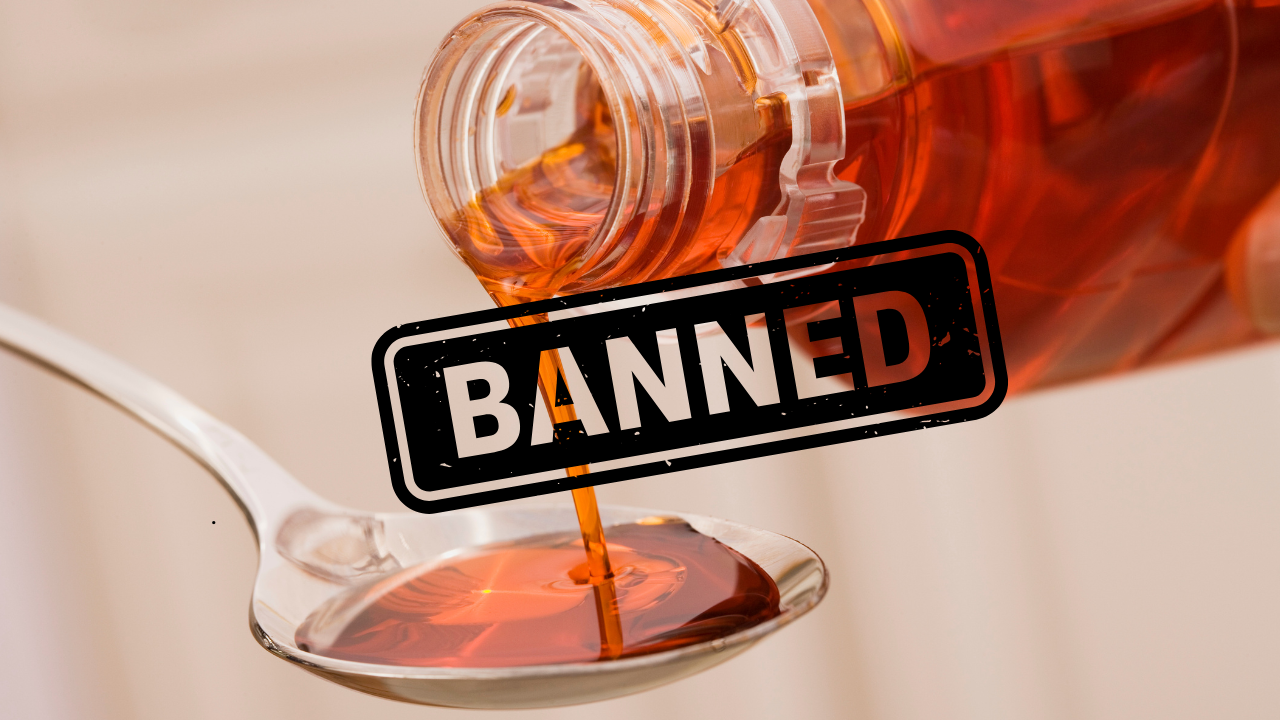After Coldrif, WHO Bans 2 More Drugs, But This Is Not the Only Death from Indian Cough Syrup

Credits: Canva
SummaryAfter Coldrif deaths in India, regulators warned against two more cough syrups, Respifresh TR and ReLife, containing toxic diethylene glycol (DEG). Past cases in Jammu & Kashmir, The Gambia, and Uzbekistan linked contaminated Indian-made syrups to child deaths, kidney failure, and organ damage, prompting WHO alerts and permanent license cancellations for offending manufacturers. Read on.
End of Article
